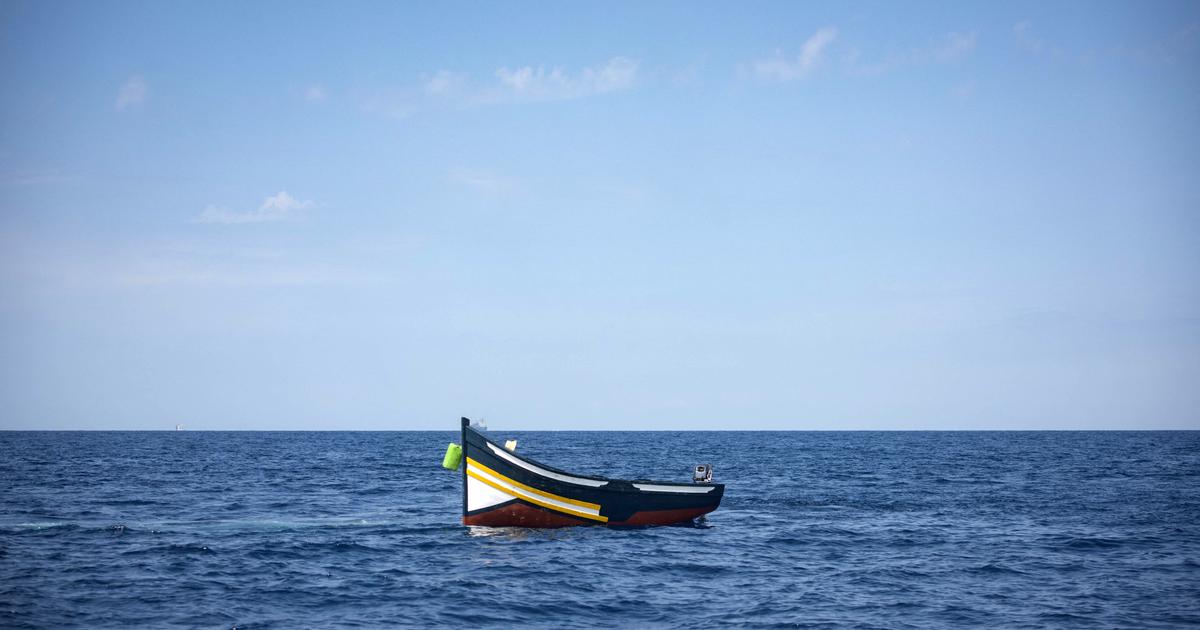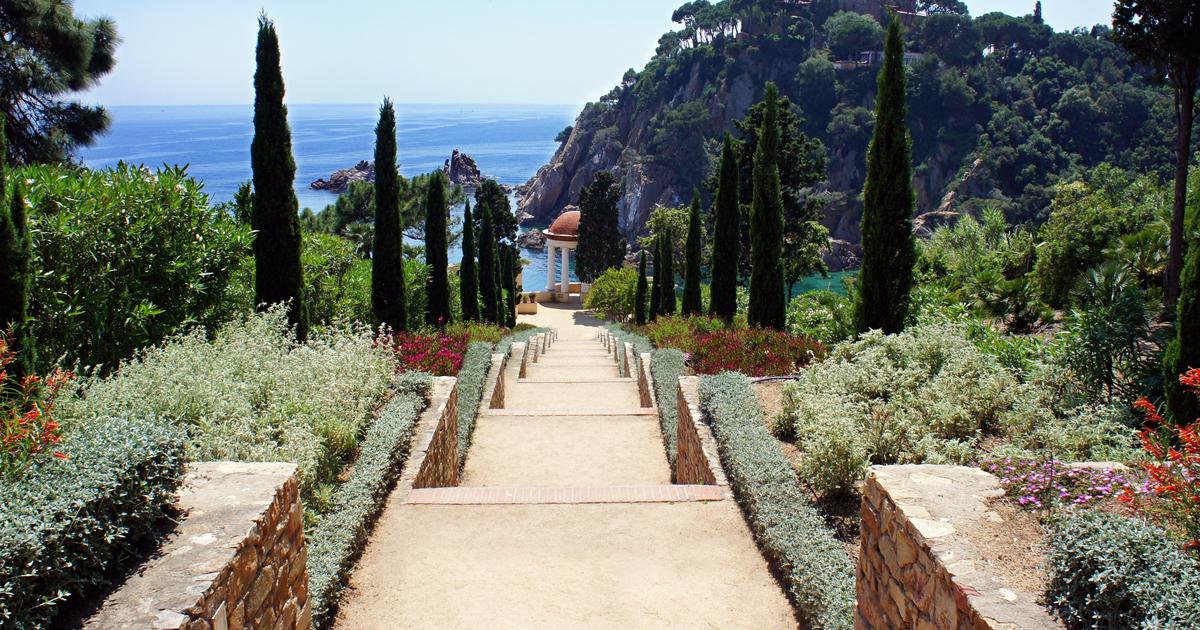Letter from Luis, born in Asturias in 1936, to his Argentine granddaughter Sofía when she was ten years old. Gentileza Sobrecartas.com
"Since I was born in 1936, the year that the Spanish Civil War began, these were very hard times for us," Luis wrote to his Argentine granddaughter Sofía, then ten years old.
Your letter is a drop in the vast
ocean of letters
, a project aimed at preserving the epistolary memory of Spanish immigration in Argentina.
So far, more than 10,000 cross-witness testimonies have been recovered from both sides of the Atlantic.
“My parents did not have money to buy us food, because one season that we were fighting in our town we had to leave the house.
My dad put a mattress that was made of corn husks in a car that belonged to my grandmother and put all the little brothers inside the car.
There were eight of us and he put another mattress upstairs to cover us and with the cart pulled by two cows we went to the mountains for several months.
At night Dad would go down to the villages to get something to eat, which was always little.
This is how my life began ”, continues Luis, recalling his hard childhood in Asturias.
Letters like this are digitized and shared in the collaborative archive of the Epistolary Documentation Center in Argentina, supported by the Cultural Center of Spain in Buenos Aires.
“There are common traits.
The desire to be answered, always, but also melancholy and nostalgia because it is about families that were separated.
Many emphasize work, food, the different ways of saying certain things, and the theme of the port and the sea is also common as elements that share the two shores, ”says Mateo Niro, head of the project.
Between 1881 and 1914, Argentina received more than four million foreigners, including two million Italians and 1.4 million Spaniards.
At a slower rate, Spanish emigration continued throughout the following decades, either to escape poverty or as exiles during the civil war and the subsequent Franco dictatorship.
"You tell him to encourage him, that when he comes, he will have all the work that he can do for eight or 10 hours a day and that if we have life and health, between the two of us, we can make a small capital in ten years and look at our old age with peace of mind", Félix asks his wife Engracia in June 1951, in a letter in which he tells him about the preparations for her and her daughters to join him in Argentina.
Roast cow
At Engracia's request, Félix tells her what a “Creole dinner” consists of: “It is about making a roast of beef or veal, eight or ten kgs.
cut especially for that.
It is hung from an iron pole stuck in the ground and it is set on fire with sheep excrement (rams) but already dry, and then comes the ability of the Creole to know how to cook it well but slowly, so that the meat is juicy and well roasted .
Then each one with a knife cuts the piece they like the most and it is generally eaten standing up and around the fire and the meat ”.
In October 1951, Engracia wrote to Félix the day after boarding the Salta, the boat with which he and his daughters left Barcelona for Buenos Aires to meet him.
“You can't figure out how the farewell was.
I don't even want to think, it has already happened.
Now I think about the arrival, especially do not miss, that it will be on the eighth or 10. You ask, because I do not know for sure what day it will be, but it will be one of those that I tell you, "he says in the letter he sent to Argentina during the ship's stopover in the Canary Islands.
Niro asks immigrants and their descendants to search cabinets and boxes for this correspondence, a fundamental testimony of the history of daily life in the last century.
"Through the eyes of workers we see their fears, desires, hopes and despair," says this linguist.
"It is a fragile heritage, which if not preserved runs the risk of disappearance and dispersion," he stresses.
The numerous groups of Spanish immigrants in Buenos Aires have also turned to this project, which has seen how the archive added 2,000 letters in the last month.
“It is going to be very successful.
It brings many memories and a lot of emotion to have access to letters from Spaniards and descendants ”, said Benito Blanco, president of the Federation of Spanish Societies of Argentina (Fedespa), at the official presentation of the
Ocean of letters
, last Monday.
Blanco recalled that in 1952, upon his arrival in Argentina, he made a suit and photographed himself with it to show it to his family: "I sent a very attentive letter to my older sister so that they would see me wearing a tie for the first time in my life" .
Although the bulk of the archive are letters from Spanish immigrants, there are also more recent testimonies from Argentines who walk the opposite way to that of their parents and grandparents.
This is the case of María Laura, who went to Spain in October 2001, in the midst of the economic crisis.
“Thank you for this difficult last year for me.
For having helped me cope with so many fears and anguish.
By the way, I hope soon to be able to tell you that I no longer remember them, ”he wrote to his mother.
“Enjoy your granddaughter and the little everyday things that make life like this, pretty.
And look a lot at the sky and the stars that, despite the distances to both, shelter us ”, he says goodbye.








/cloudfront-eu-central-1.images.arcpublishing.com/prisa/76GDL6UNHRFLRO2RAJWYIEXOXU.jpg)






/cloudfront-eu-central-1.images.arcpublishing.com/prisa/IGZ7GOCXZ5GUPAQ2HWGK6Z76BU.jpg)